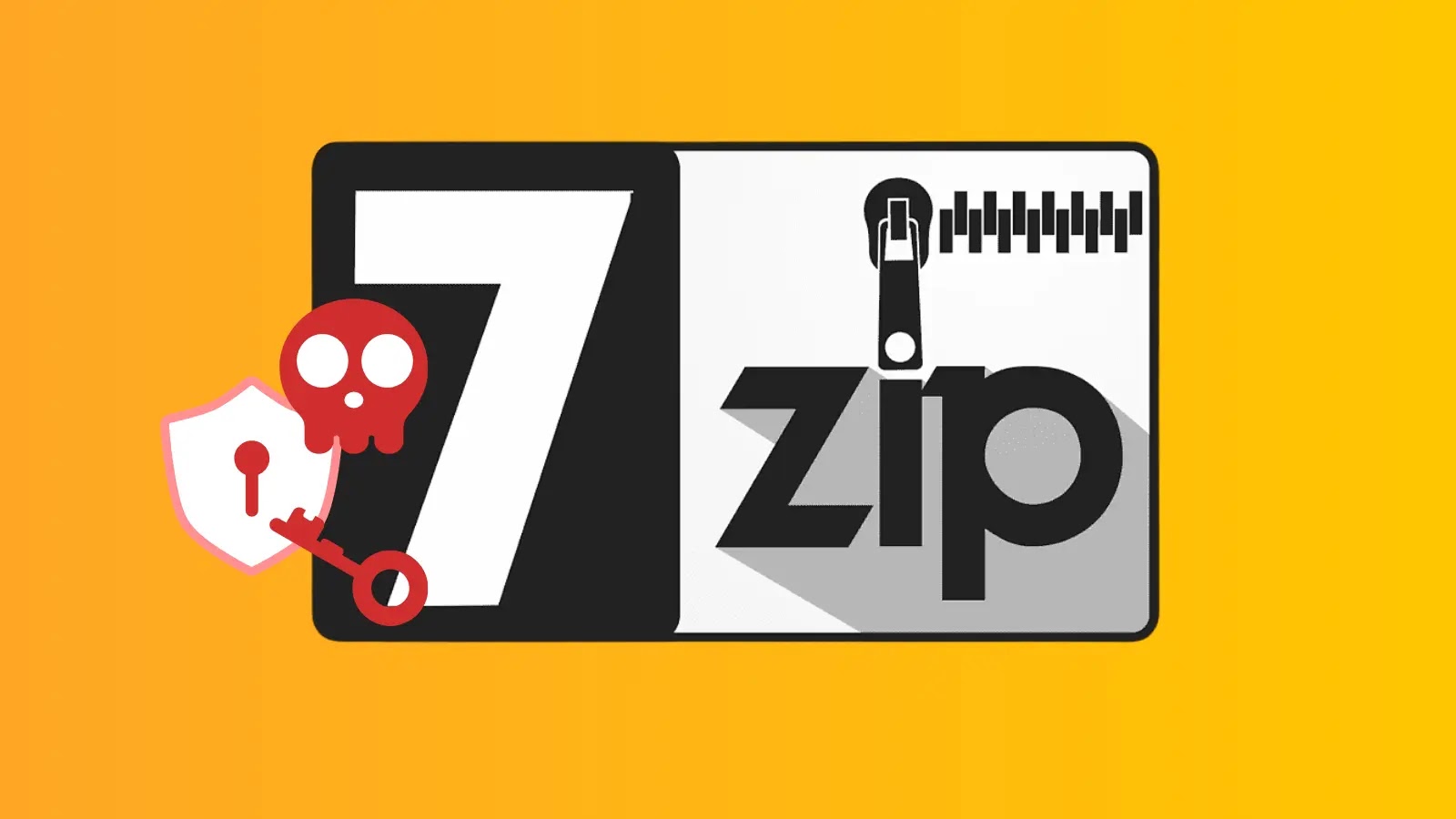A recently identified security flaw in the widely used 7-Zip file compression software has raised significant concerns within the cybersecurity community. Designated as CVE-2025-55188, this vulnerability allows attackers to perform arbitrary file writes during the extraction of archives, potentially leading to unauthorized code execution on affected systems.
Understanding the Vulnerability
Discovered by security researcher Landon on August 9, 2025, CVE-2025-55188 affects all versions of 7-Zip prior to 25.01. The core issue lies in the software’s improper handling of symbolic links during the extraction process. Symbolic links, or symlinks, are references that point to other files or directories. When 7-Zip extracts an archive containing maliciously crafted symlinks, it follows these links, allowing attackers to write files to locations outside the intended extraction directory.
Exploitation Scenarios
The exploitation of this vulnerability varies between operating systems:
– Linux Systems: Attackers can exploit this flaw if the target is using a vulnerable version of 7-Zip and extracts an archive format that supports symlinks, such as ZIP, TAR, 7Z, or RAR files. The process is more straightforward on Linux due to the system’s native support for symlinks.
– Windows Systems: Exploitation requires additional conditions. The 7-Zip extraction process must have elevated privileges or operate in Windows Developer Mode to create symlinks. While this makes Windows systems somewhat less susceptible, they are not immune to the attack.
Once these conditions are met, attackers can craft malicious archives containing symlinks that point to sensitive system files. Upon extraction, 7-Zip follows these symlinks, enabling attackers to overwrite critical files such as SSH keys, .bashrc files, or other system configurations.
Severity and Impact
Despite receiving a Common Vulnerability Scoring System (CVSS) score of 2.7, categorizing it as low severity, security experts warn that the practical impact could be much more significant. The vulnerability enables attackers to achieve unauthorized access and code execution by targeting sensitive files that control system behavior. During a single extraction operation, attackers can attempt multiple file overwrites, increasing their chances of compromising the target system.
A particularly concerning aspect of this vulnerability is that 7-Zip displays file paths before resolving symlinks. This behavior allows attackers to obscure the true destination of their malicious writes, making it more challenging for users to detect the attack.
Mitigation Measures
To address this vulnerability, 7-Zip released version 25.01 on August 3, 2025, which includes enhanced handling of symlinks. The update introduces significant security improvements to prevent unsafe symlink creation during archive extraction.
The new version also introduces a command-line switch (-snld20) that allows administrators to bypass the default security checks when creating symlinks. This feature provides controlled flexibility while maintaining security by default.
Recommendations for Users and Organizations
Given 7-Zip’s widespread usage across both enterprise and personal computing environments, immediate action is recommended:
1. Update to 7-Zip 25.01: Users should download and install the latest version to mitigate the vulnerability. Since 7-Zip lacks an automatic update mechanism, manual installation is necessary.
2. Exercise Caution with Untrusted Archives: Avoid extracting archives from untrusted or unknown sources. If extraction is necessary, consider using a sandboxed environment to minimize potential risks.
3. Audit Existing Installations: Organizations should conduct thorough audits to ensure all 7-Zip installations are updated. Given the absence of automatic updates, outdated versions may persist within systems.
4. Implement Security Best Practices: Regularly review and update security policies related to file handling and extraction. Educate users about the risks associated with extracting files from untrusted sources.
Contextualizing the Vulnerability
This incident is part of a series of recent vulnerabilities identified in 7-Zip:
– CVE-2025-0411: This vulnerability allowed attackers to bypass Windows’ Mark-of-the-Web (MotW) protections by double archiving contents using 7-Zip. By embedding an archive within another archive, attackers could circumvent security warnings and execute malicious code. This flaw was exploited in zero-day attacks to deliver malware to Ukrainian entities. ([helpnetsecurity.com](https://www.helpnetsecurity.com/2025/02/04/russian-cybercrooks-exploited-7-zip-zero-day-vulnerability-cve-2025-0411/?utm_source=openai))
– CVE-2024-11477: A critical vulnerability in 7-Zip’s Zstandard decompression implementation allowed remote attackers to execute arbitrary code through specially crafted archives. The flaw resulted from improper validation of user-supplied data, leading to an integer underflow before writing to memory. This vulnerability posed significant risks, including potential system compromise. ([cybersecuritynews.com](https://cybersecuritynews.com/7-zip-vulnerability-arbitrary-code/?utm_source=openai))
These recurring vulnerabilities underscore the importance of vigilant security practices when handling compressed files from untrusted sources. Regular updates and adherence to security best practices are essential to mitigate potential threats.
Conclusion
The discovery of CVE-2025-55188 highlights the ongoing challenges in maintaining software security, especially in widely used applications like 7-Zip. Users and organizations must remain proactive by updating software promptly, exercising caution with untrusted files, and implementing robust security measures to protect against potential exploits.



